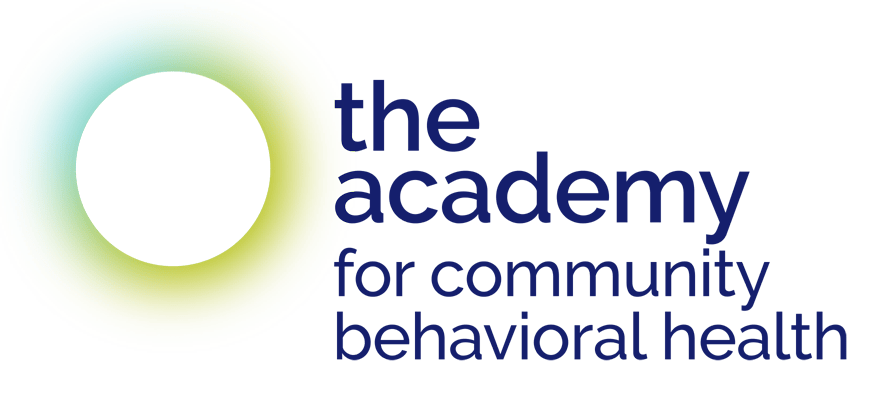Applications for the March 2023 cohort of Connecting Through Art and Creative Expression have now closed.
Future cohorts of Connecting Through Art and Creative Expression have not yet been announced.
All Scheduled Course Dates
This course meets on the following 5 dates:
- March 1, 2023
- March 8, 2023
- March 15, 2023
- March 22, 2023
- March 29, 2023
All course sessions meet on Wednesdays from 10am-12pm.
This course will be offered again in May/June 2023.
Course Length
10 hours over 5 weeks
Course Type
Multi-Session, Cohort-Based
QUESTIONS?
Email [email protected]
ATTENDANCE POLICY
This is a highly interactive, cohort-based course. We expect participants in the Academy's cohort-based courses to attend all course sessions. Each week will build on prior sessions. Your consistent attendance and participation in making art will enrich your experience and that of your peers.
Participants who attend all sessions and meet other course participation criteria will receive a certificate of completion. Those who miss no more than one session may receive a certificate of completion, at the Academy's discretion.
Connecting Through Art and Creative Expression
Tools to Support Children and Young People Impacted by Domestic or Intimate Partner Violence
DESCRIPTION
Creating art is a powerful nonverbal way to support children and young people who have experienced or witnessed violence or abuse in their homes, families, or chosen families. The pain and trauma of these experiences can impact children and young people in many ways, including by making it difficult for them to express themselves using verbal language.
Art can be a guiding resource to build rapport, trust, and psychological safety in relationships with children and young people. It offers young people ways to express themselves and their needs; invites creativity; soothes physiological responses to stress; and builds confidence and connection. It is a universal language that everyone has access to.
Connecting Through Art and Creative Expression is a five-session course that will equip learners to engage young people and develop supportive relationships with them through art-based experiences. This course is centered in trauma-informed theory and practices, and is taught by licensed creative arts therapists. Each week, participants will explore a different kind of art material and experience the benefits those materials can offer. Participants will be guided to apply these techniques between course sessions and learn how to facilitate within their own scope of practice at their organization. In the final week, each participant will present on their experience of using art and creative expression with children and young people impacted by DV/IPV.
COURSE OBJECTIVES
Participants will:
- Learn foundations of trauma-informed theory and practice
- Understand the significant ways art can support nonverbal expression
- Experience different art materials and art techniques, and develop comfort with the creative process
- Learn when and how each art material can be appropriate and beneficial, along with its limitations
- Learn art tools and techniques to use with children and young people who have experienced DV or IPV
- Practice applying art tools and techniques in your work and debrief the experience with peers and instructors
- Recognize signs that a child or young person may need further assessment, support, or clinical care
Learners who are admitted to this course will be provided with a package of art supplies by the Academy.
WHAT TO EXPECT
This is a virtual course that will be held on Zoom. Course sessions will include didactic instruction and significant time for learning and experimenting with art materials.
Each weekly workshop will include:
- Presentation by the course instructors
- Guided art experience with the week’s art materials
- Debriefing the art experience
- Practice and guidance to apply and integrate the art experience in your work with young people
This course will be highly interactive, with time for questions throughout. In order to build community, we strongly encourage participants to join and stay on camera.
Participants will need a computer with Zoom capability and a camera, as well as a private, quiet space to join the weekly workshops from.
Course capacity is limited to 25 learners to support meaningful interactions among learners and instructors, including time for questions, reflection, and skills practice.
COURSE OUTLINE
- Session I: Introduction to the expressive therapies continuum; using dry materials
- Session II: Introduction to and exploration of textile materials
- Session III: Introduction to and exploration of clay
- Session IV: Introduction to and exploration of fluid materials (e.g. paint, watercolor)
- Session V: Presentations from course participants: implementing art experiences in your work
ELIGIBILITY
This course is for staff of NYC nonprofit community-based organizations or government agencies who deliver social services in New York City, and:
- Spend at least 50% of your work time directly delivering services to children or young people who have been impacted by domestic or interpersonal violence.
- We use domestic violence as a broad term that includes intimate partner violence (between people currently or formerly involved in a romantic relationship) and family violence (between members of a family or household who are not in a romantic relationship). See "What is Domestic Violence?" from the Mayor’s Office to End Domestic and Gender-Based Violence.
- Would like to introduce structured art and play activities into your work with children and young people.
- Commit to attending at least 4/5 course sessions.
- Have received supervisor approval to attend all course sessions and use art strategies from this course in your work with children or young people.
We invite applications from people who work in a wide range of settings (e.g. CBOs, schools, emergency housing, or others) and roles. This course does not require a degree or licensure. No prior art-making experience is needed.
This course is currently at capacity.
INSTRUCTORS


